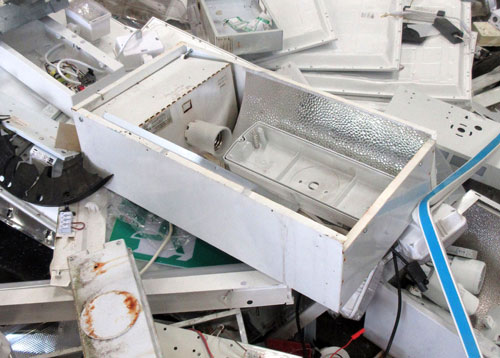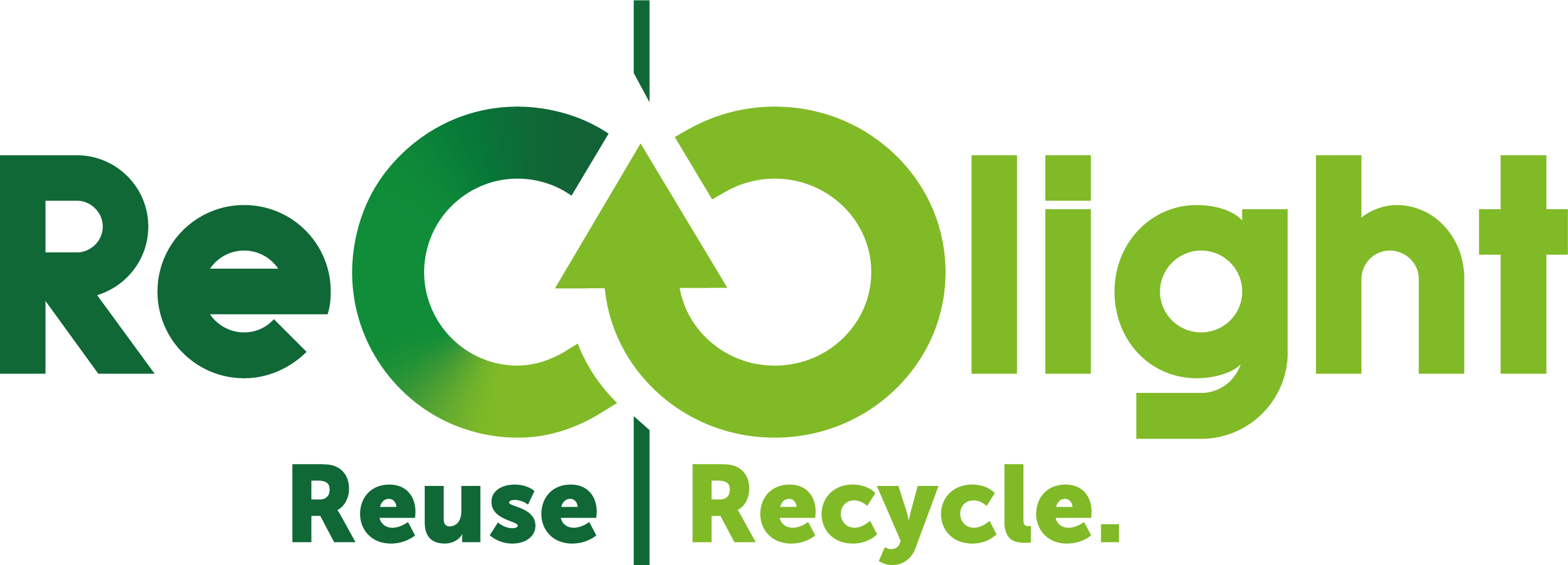EU consults on waste regs

The European Commission has launched a consultation on the Directive on waste from electrical and electronic equipment (WEEE), including lighting equipment.
The WEEE regulations were first adopted in 2002 to prevent or reduce its adverse impacts on the environment and human health.
WEEE is one of the fastest-growing waste streams in the EU and globally. If not properly treated, it is hazardous and can have serious effects on human health and the environment.
WEEE also contains precious and critical raw materials, the recovery of which is crucial to support a more circular economy, says the Commission.
In the coming years, growing consumption and digitalisation will pose additional challenges. An evaluation is therefore needed to assess whether the laws remains fit for purpose.
The Directive – which also sets the agenda for UK legislation – sets increasingly stringent collection and recovery and recycling targets.
The separate collection of WEEE from unsorted municipal waste is necessary to ensure its proper treatment, but remains a major challenge.
The Commission says it has carried out a compliance promotion initiative to assess both good practices and shortcomings in its implementation, including on the separate collection and on treatment practices for WEEE.
The Directive will also be evaluated in line with the objectives set out by the European Green Deal and the Circular Economy Action Plan, and will take into account any other relevant developments in EU environmental and waste policy.
These developments include a swathe of laws and guidance including renewable energy policies, batteries, Eco-design for Sustainable Products, Restriction of Hazardous Substances in electrical and electronic equipment, Waste Shipments and Critical Raw Materials.
In particular, the Commission is seeking feedback on the identification of equipment containing critical raw materials and on existing recycling practices for these materials.
The evaluation will also take into consideration international developments, such as the Basel Convention on the control of transboundary movements of hazardous wastes and their disposal.
The ongoing evaluation aims to:
assess how effectively the directive has been applied and its impact to date,
assess how it contributes to the general policy objectives of the European Green Deal and the circular economy action plan,
identify shortcomings with its implementation and enforcement.
Depending on the findings of the evaluation, the Commission might then launch a revision process for the Directive.
Safe and environmentally sound management of WEEE requires the involvement of a wide range of actors: producers of electrical and electronic equipment, producer responsibility organisations and extended producer responsibility schemes, recyclers, reuse and preparing for reuse operators, national governments, third country authorities receiving WEEE, NGOs as well as citizens.
• Don’t miss Circular Lighting Live 2023, Recolight’s flagship conference and exhibition taking place on Thursday 21 September 2023 at the Royal College of Physicians in London. Free to specifiers, Circular Lighting Live 2023 will feature leading experts, specifiers and policy makers who will share their insights into forthcoming standards and legislation, emerging technologies and new business models. For 2023, the organisers have moved to a bigger venue with more expansive exhibition floor and included a dedicated track for lighting designers. More info: www.circularlighting.live


